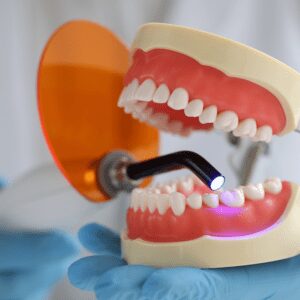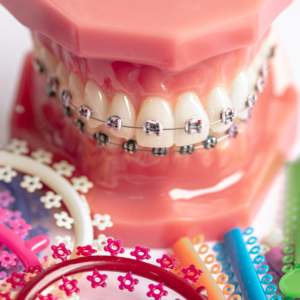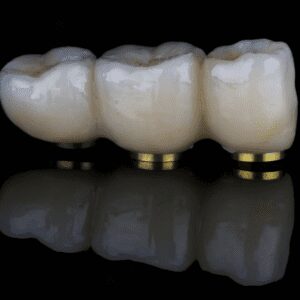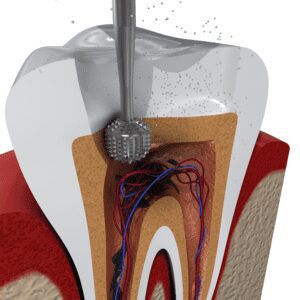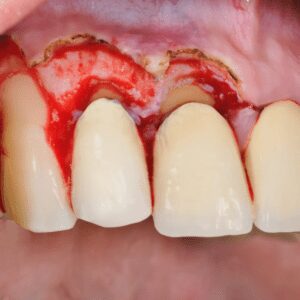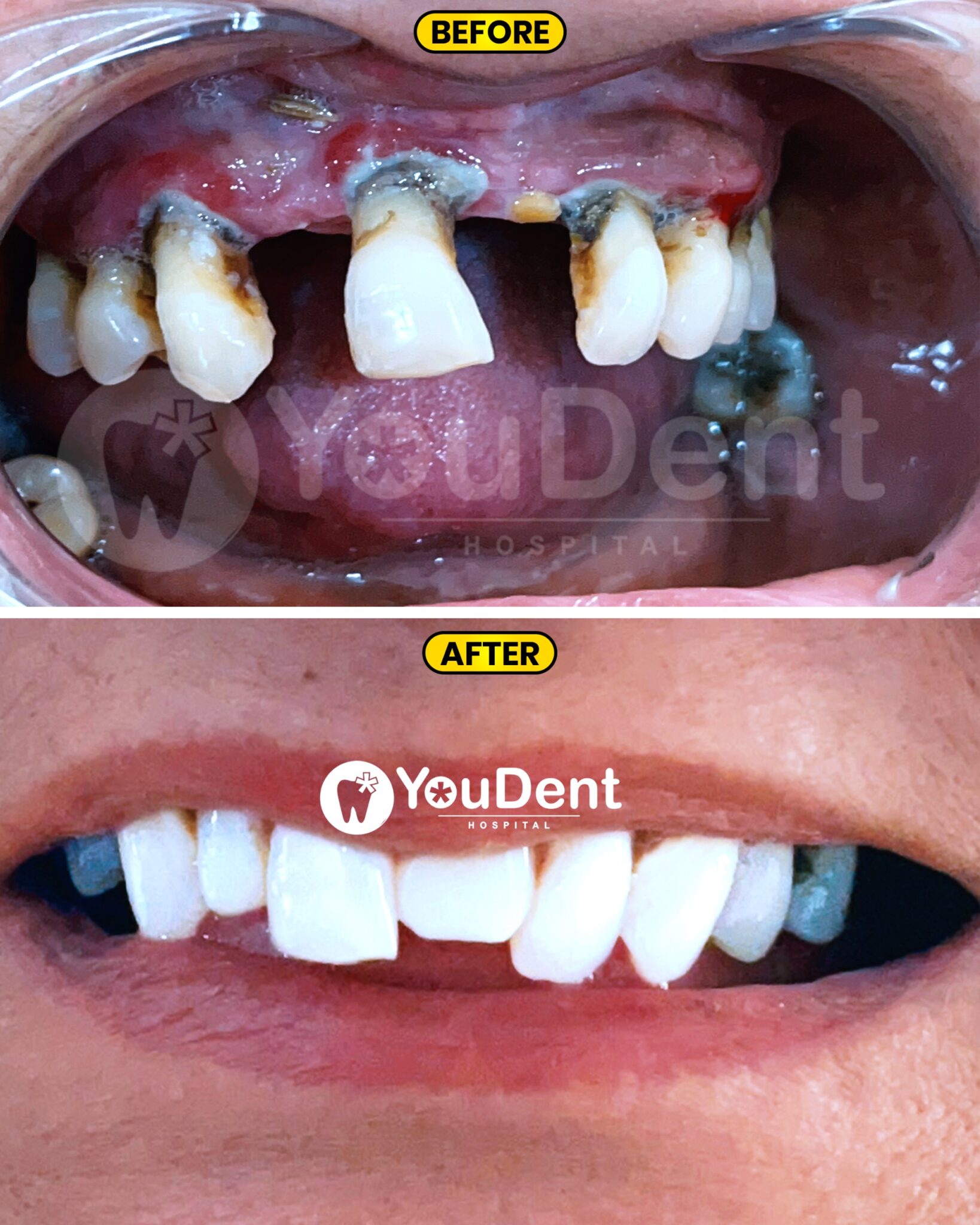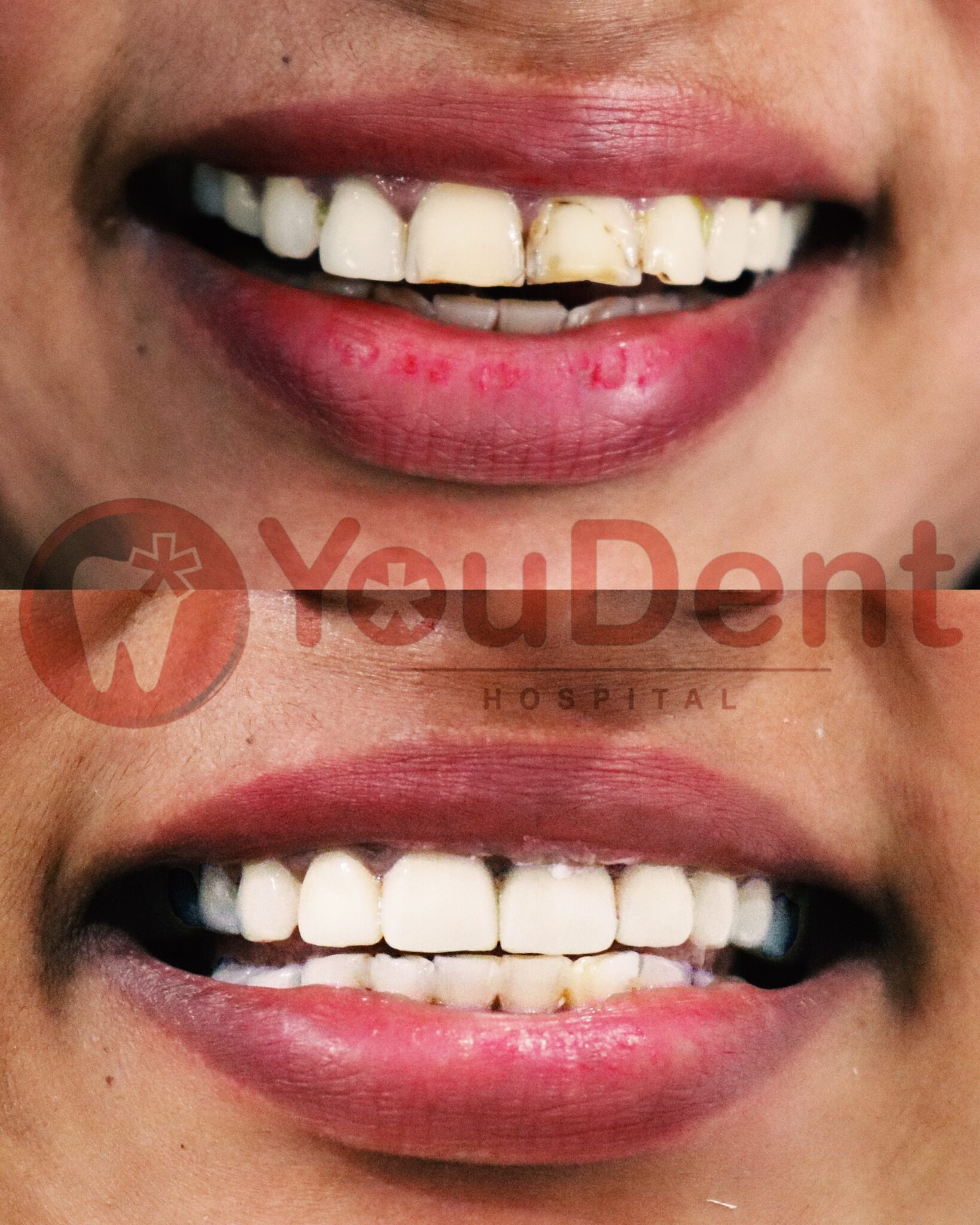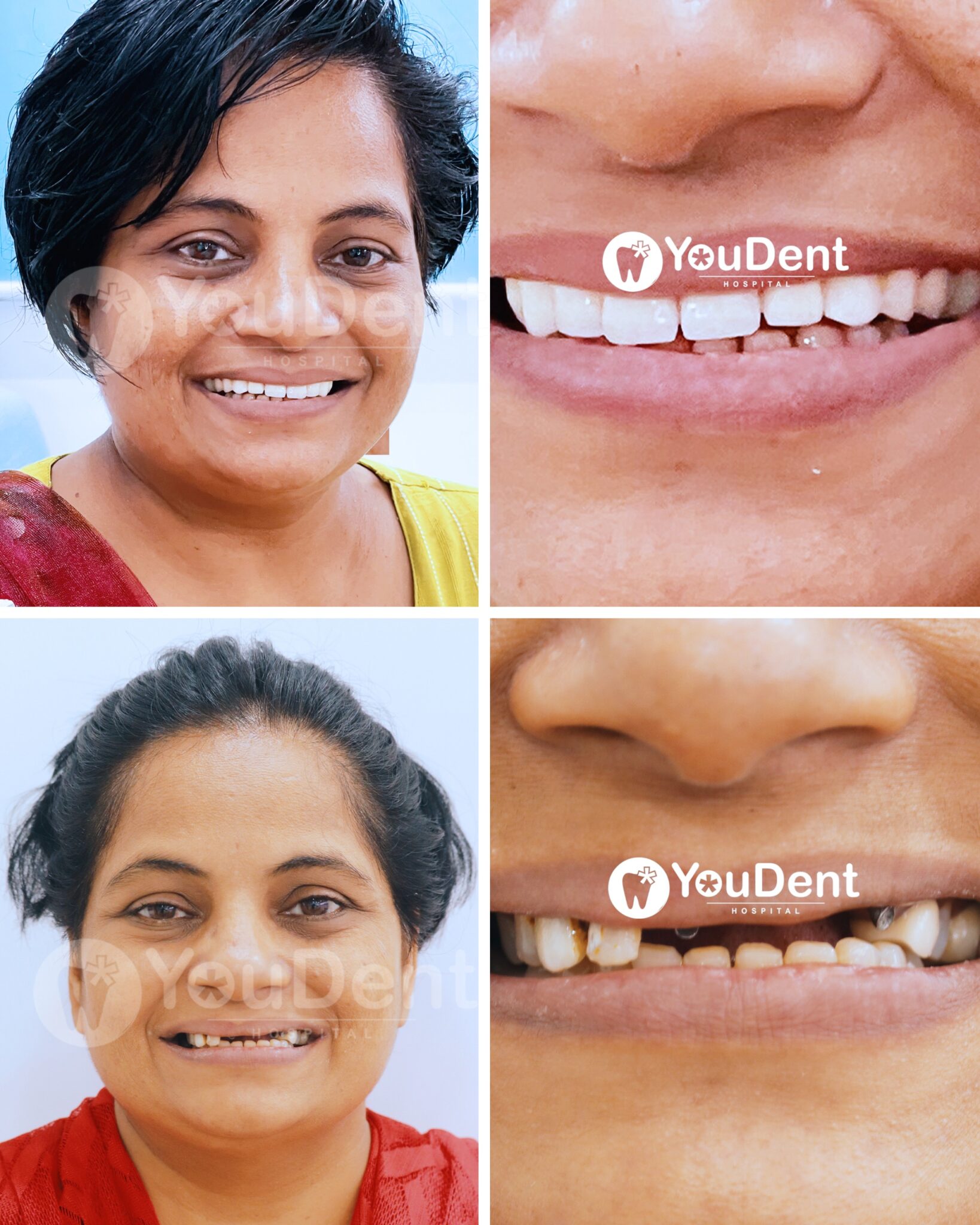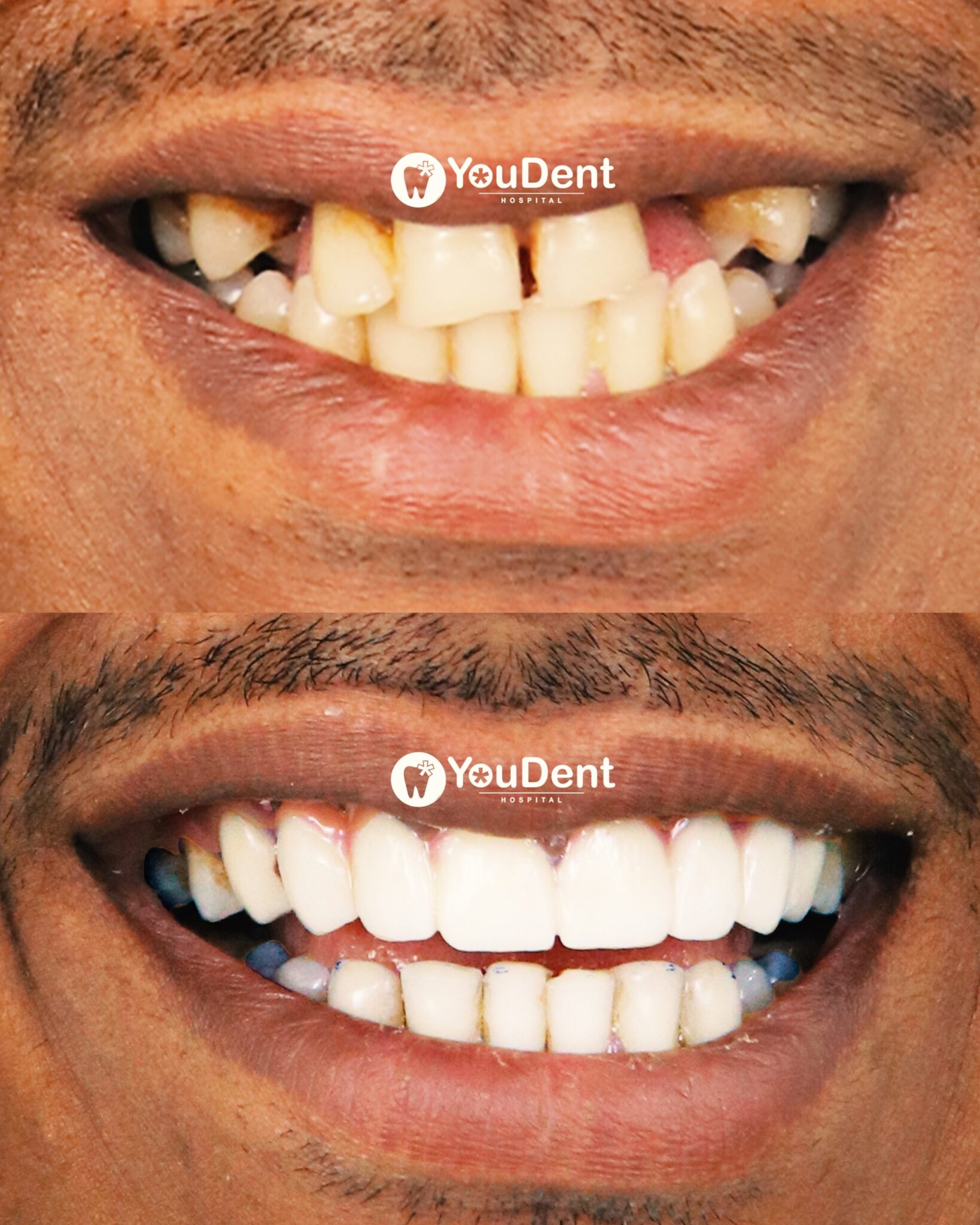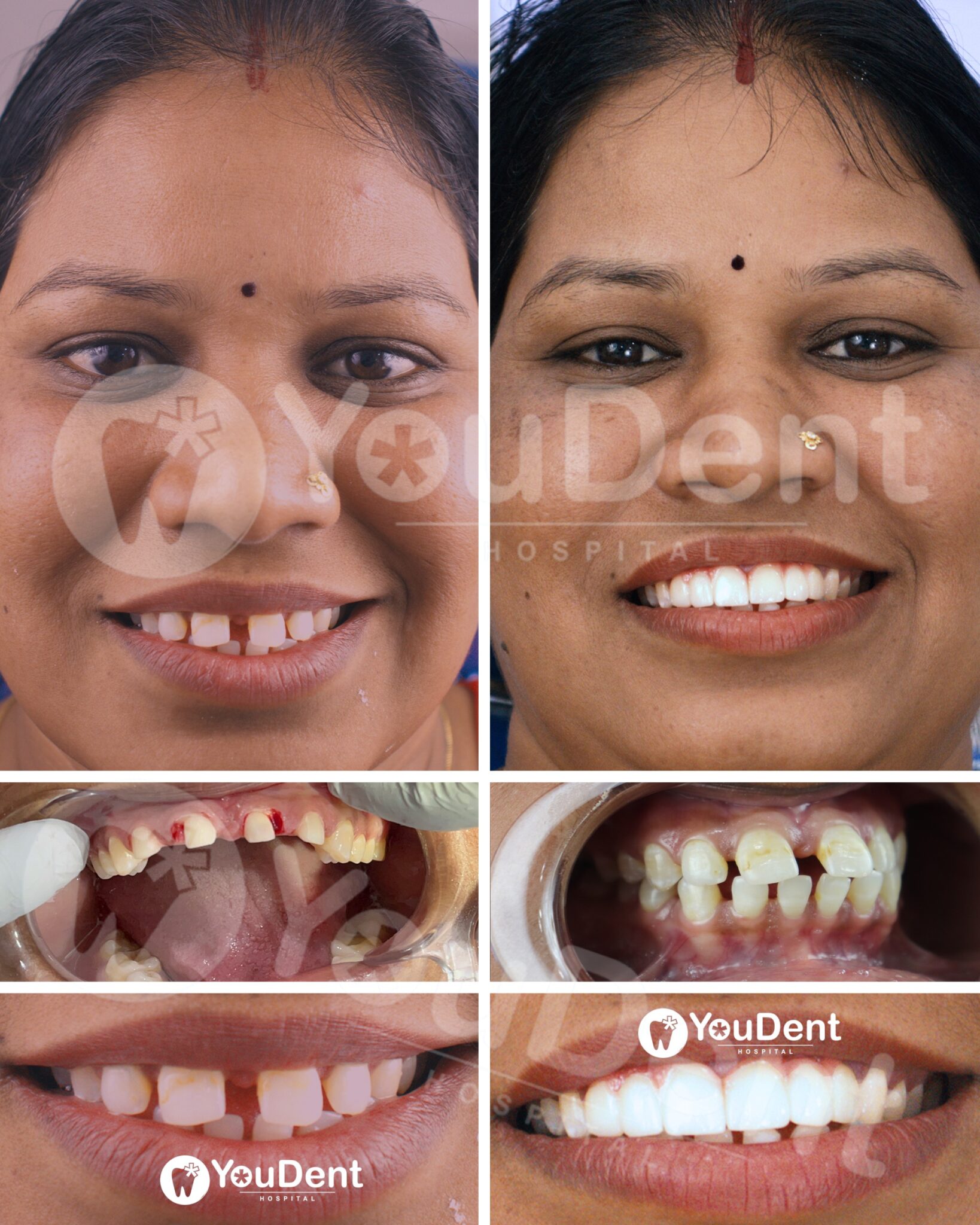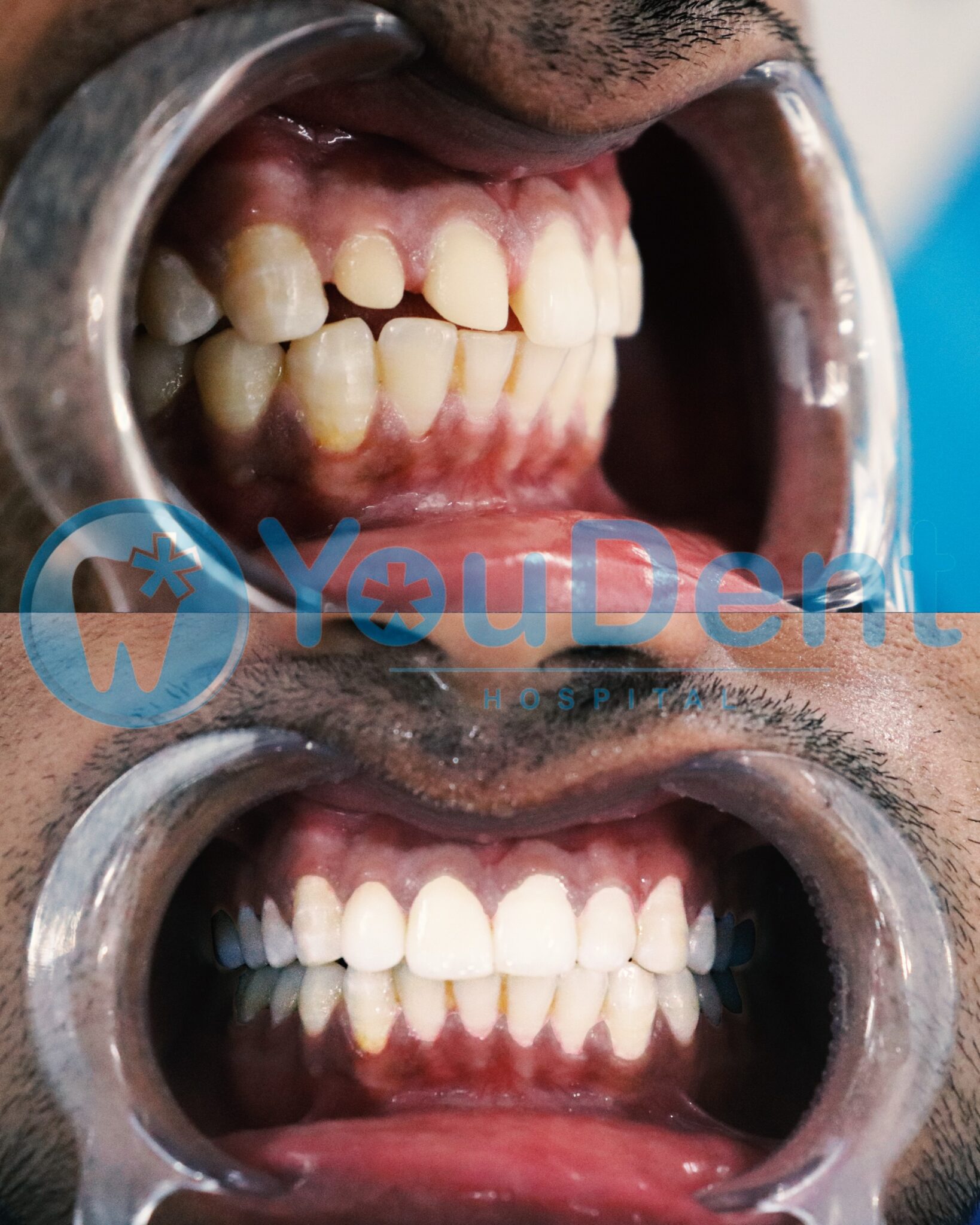Best Dental Implant Dentist in India
Book Your Appointment With Dr Rajesh Gupta – Best Implant Dentist in India
A radiant smile is universally recognized as a symbol of happiness and health. Unfortunately, dental issues can mar that smile, leading to loss of confidence and self-esteem. Dental implants are a path to restoring that smile – a lifelong, permanent solution in modern dentistry. And at the forefront of this transformative field in India stands Dr. Rajesh Gupta, renowned for his expertise in dental implants.
What is a Dental Implant?
Before we explore the pioneering work of Dr. Rajesh Gupta, it’s essential to understand what we’re discussing. Dental implants are artificial tooth roots that provide a permanent base for fixed replacement teeth. Unlike dentures, dental implants are fixed in place and do not require any adhesives. They are usually made of titanium and can anchor a crown, bridge, or even a full denture.
Who Needs Dental Implants?
The benefits of dental implants extend beyond just cosmetic enhancements. Anyone who has lost teeth due to injury, periodontal disease, or any other reason can be a candidate for dental implants. Not only do they provide a robust foundation for replacement teeth, but they also prevent bone loss in the jaw, improve speech, and restore the ability to chew properly.
The Advantages of Choosing Dental Implants
Dental implants offer a wealth of benefits that make them a preferred choice. Some advantages include:
Durability and Longevity: Dental implants are designed to be long-lasting, often for a lifetime with proper care.
Improved Speech: Poor-fitting dentures can slip within the mouth, causing slurred or mumbled speech. Dental implants allow you to speak without the worry that teeth might slip.
Easier Eating: Sliding dentures can make chewing difficult. Dental implants function like your own teeth, allowing you to eat your favorite foods with confidence and without pain.
Improved Oral Health: Unlike tooth-supported bridges, dental implants do not require the reduction of other teeth, leading to better oral health.
Comfort and Convenience: Because they become a part of you, implants eliminate the discomfort of removable dentures.
The Treatment Process for Dental Implants
While the benefits are numerous, understanding the process of obtaining dental implants is vital. The treatment for dental implants typically occurs in several phases, and the entire process can take several months.
- Evaluation and Planning: Your dentist will examine your mouth and take 3D images of your teeth to evaluate the condition of your jawbone and determine the placement of the implant.
- Surgical Placement of the Implant: A titanium post is surgically placed into the jawbone.
- Osseointegration: Over a period of a few months, the implant will bond with the jawbone in a process called osseointegration.
- Abutment Placement: An abutment, which will connect the implant to the replacement tooth, is attached to the implant.
- Placement of the Artificial Tooth: Once the gum has healed around the abutment, the final step is placing the artificial replacement tooth or teeth onto the abutment.
Dental Implants Cost in India
The cost of dental implants can be a significant investment, but it’s important to consider the long-term benefits they offer. The cost can be influenced by various factors, including the number of teeth being replaced, the location where the implant is being placed, and the quality and quantity of the jawbone.
The investment in dental implants goes beyond monetary value; it’s an investment in your overall health and quality of life.
Why Choose YouDent Hospital?
YouDent Hospital is at the forefront of dental healthcare in India. Founded on the principles of offering cutting-edge dental treatments with a focus on patient empowerment and comfort, YouDent Hospital ensures that every patient’s experience is positive and empowering. The staff is not just knowledgeable but also dedicated to making every visit a pleasant one.
Dr. Rajesh Gupta’s approach to dental care is lauded for his skilled, empathetic, patient-oriented, and innovative practices. His aim is to provide the highest standard of care and satisfaction to every patient, ensuring their visit to the dentist is a stress-free, happy experience. His dedication extends to not only comprehensive dental health but also to public health and dental education.
About Dr. Rajesh Gupta
Dr. Rajesh Gupta is a pioneer in implantology. With a commitment to staying ahead of the curve in dental technology and methodologies, Dr. Gupta is recognized for his contributions and achievements in the field of dentistry. Patients from around the globe have sought his expertise to enhance their dental health and transform their smiles.
Dr. Gupta’s patient-centric approach and his passion for educating his patients ensure that every individual makes informed decisions about their dental health. His outstanding results and his reputation among his peers make him one of the best choices for dental implants in India.
Visit Also –Teeth Gap Treatment In India

.jpg)
